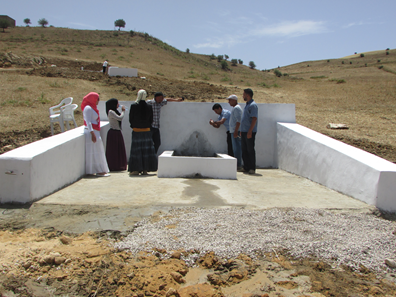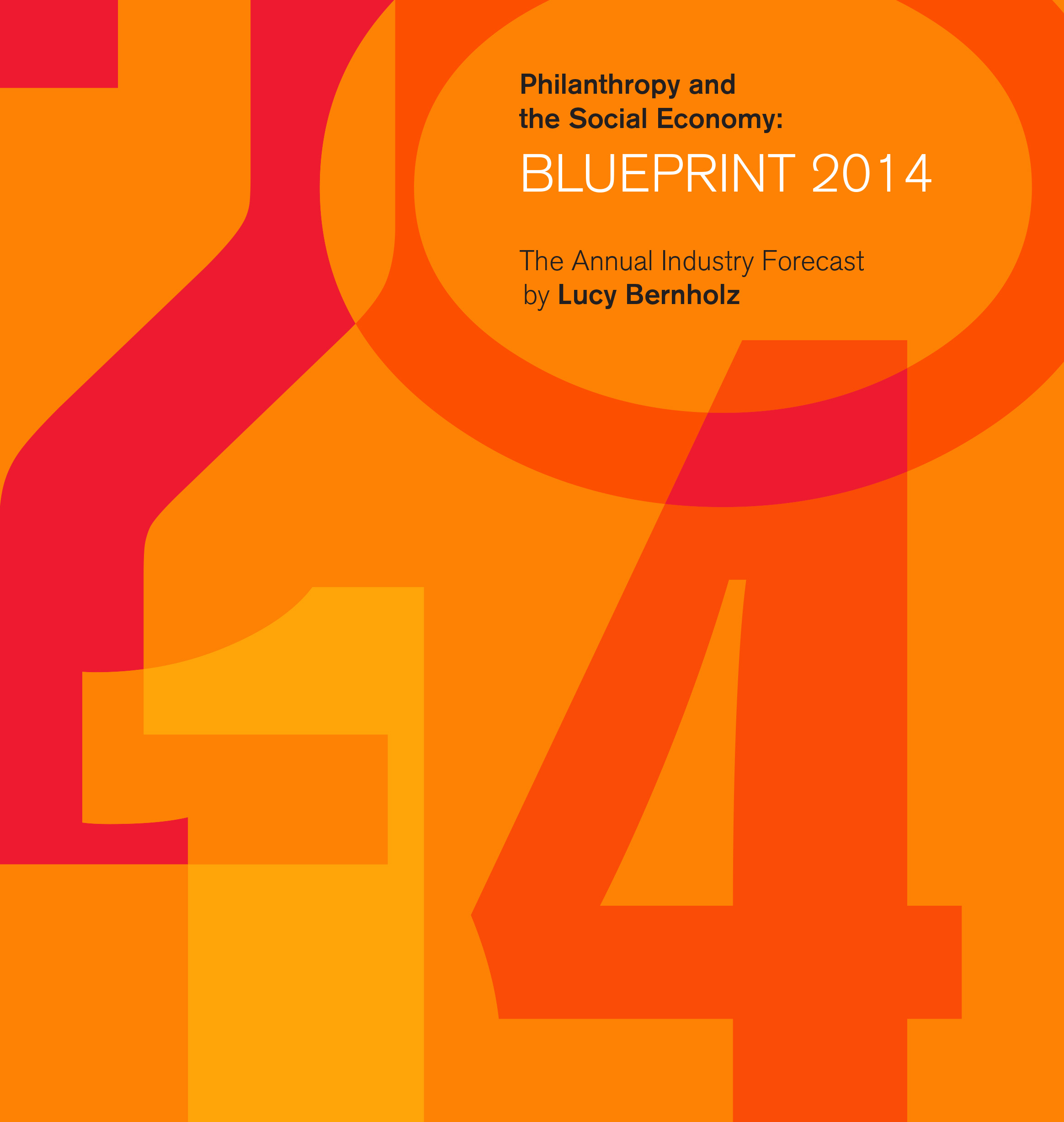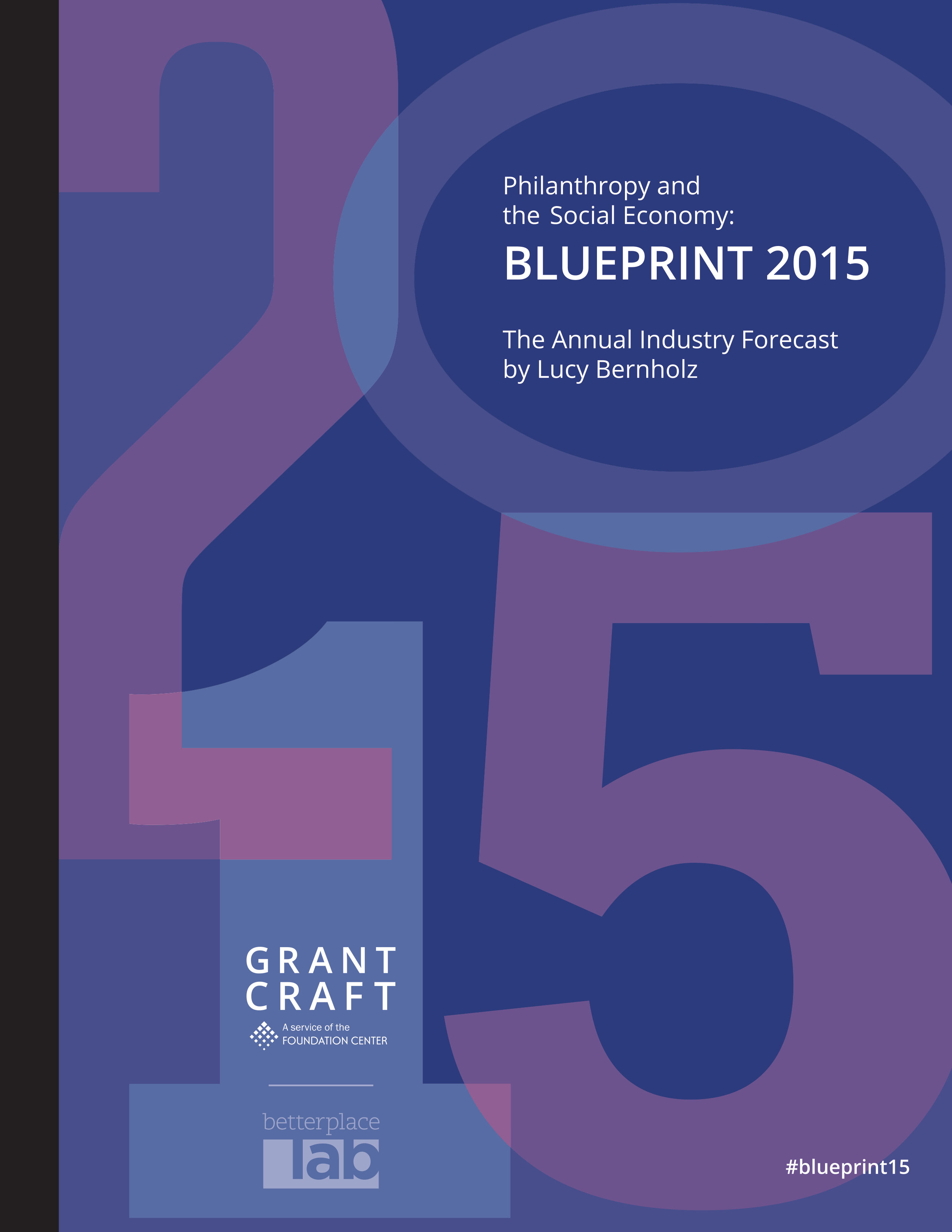Can Physically Distant Funders Catalyze Local Leadership? (They Can!)
Mission drives foundation work, and it can often point towards grassroots efforts. We know that local leadership is key to these efforts, but it can be challenging to navigate alignment of foundation practices with the execution of a local agenda from a distance. Fikra, a Brussels-based foundation created as an “idea incubator” in 2013, faced this challenge as it worked to support social justice efforts following the Arab Spring in Tunisia.
Four European foundations created Fikra, a program I played a role in conceptualizing, to identify ideas germinating among Tunisian citizens, support these promising ideas with training and funding, and eventually establish feasible, sustainable projects. Funders sought to support socioeconomic justice efforts on the ground without imposing their own preconceived projects. With this in mind, Fikra was set up as a mechanism to manage the pooled funding and support grassroots efforts led by local people.
Fikra balances local leadership with its own expertise by having individuals with promising ideas submit proposals, which are then reviewed by a jury of Tunisian experts. Fikra provides collective training and individual coaching for all applicants before determining which projects will receive grants. All applicants - regardless of if they become a grantee - can access capacity building and the expertise of Fikra staff, while the ultimate decision making power is left in local hands. This type of capacity building is Fikra’s biggest focus, using nearly 25% of its budget. 
Many of Fikra’s capacity building projects focus on connecting people with similar interests to improve the effectiveness of a project. For example, Fikra brought together Haykal Abidi, a bee entrepreneur familiar with the local markets for honey and Hosni Abdelkari, a beekeeper who lacked the marketing skills to build a successful business. Fikra’s connections with local entrepreneurs, activists, and community leaders have generated many successful projects that build the capacity of all involved. By providing training and individual coaching as well as networking, Fikra brings together important stakeholders.
Fikra hopes that it will eventually receive local funding for the grassroots efforts it supports. The foundation believes that if local donors and social activists are equipped with knowledge and strategic funding opportunities, coupled with local engagement, Tunisian society will become more equitable and empowered. However, NGOs in Tunisia depend almost exclusively on foreign funding because there is little or no local philanthropy. In early 2015, after two years of program implementation, I was asked by the four foundations to visit the program in Tunis to plan its next phase and look at ways for Fikra to wean itself from the foundations that initiated it. Although a manifesto and fundraising plan were developed, Fikra’s main challenge now is figuring out how to make the projects it has funded in Tunisia sustainable with local support; it cannot be the sole funder of various efforts in perpetuity. For grassroots projects to be truly community-led, Fikra hopes to generate local funding support to ensure the projects will continue to be nurtured for generations by local stakeholders. Having multiple diverse funders will make the social change that Fikra has worked to support more sustainable and able to withstand obstacles.
Fikra, like many funders, faces the challenge of sustaining its capacity building efforts into future generations. How can funders step back and empower local leadership while still making the biggest impact? What steps can be taken to transition funding to local sources in post-conflict areas?
The Working Group on Philanthropy for Social Justice and Peace and GrantCraft, a service of Foundation Center, are releasing a series of 11 blog posts authored by grantmakers around the world. The posts are derived from the recently published Effective Philanthropy: Another Take, a collection of stories describing a philanthropic intervention against some form of injustice (socioeconomic and/or political) at a local, national or global scale. Each story addresses key questions grantmakers wrestle with in order to effect systemic social change, and the blog posts in this series highlight certain details that feed into the bigger story. Through this series, the partners hope to raise awareness of some of the most effective examples from philanthropy in tackling injustice and achieving lasting structural change. By sharing knowledge in philanthropy and being willing to learn from one another’s experiences and perspectives, we can improve our practice together.
This is the ninth post in this series, which will roll out over the next three months; it focuses on the impact of supporting strong community leadership to create social change.





